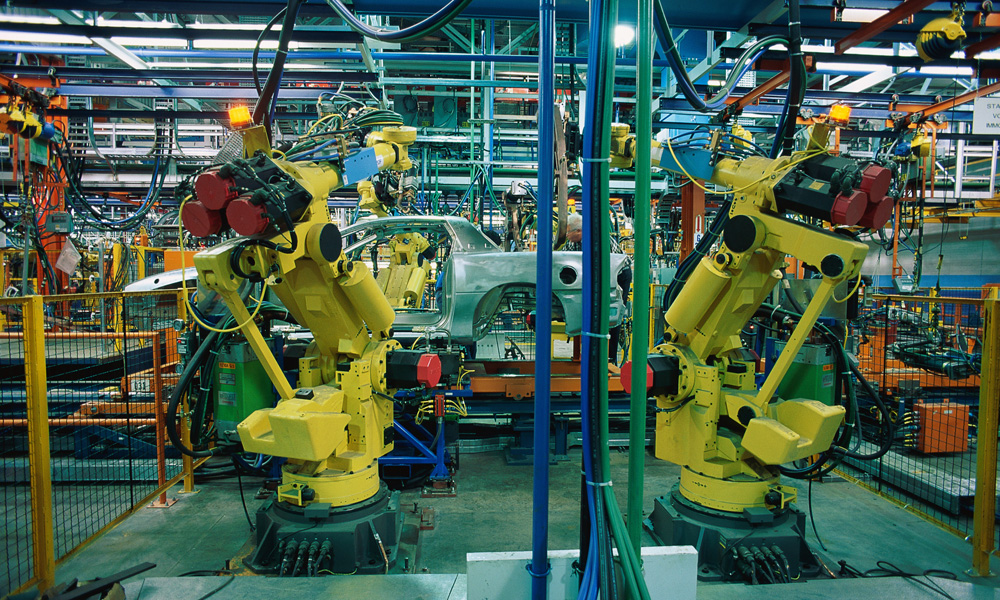
Don’t Be Afraid of Robots. They’re Here to Help.
Could automation prove dangerous or useful for employees? While a recent Atlantic article suggests that automation hurts human workers' job prospects, a new study argues otherwise.
For years, workers have been afraid of how robots could replace them. But while computers and robots are replacing some blue-collar workers such as factory assemblers, they can’t be to blame for America’s slow economic recovery.
Researchers think robots not only make products more precise at lower costs, but they have found that the growth of robots could be part of an unemployment decrease.
The current state: As The Atlantic‘s senior editor Derek Thompson points out in his article “How to Freak Out Responsibly About the Rise of the Robots,” today’s job crisis, especially in the manufacturing sector, is not about too many robots – it’s about too little demand. “Manufacturing employment in the United States has been eaten alive by those twin forces of globalization and technological innovation,” Thompson writes.
The need for training: According to Jeff Burnstein, president of the Association for Advancing Automation in Ann Arbor, Michigan, robots can bring more jobs to certain industries. For example, auto companies have started to make big investments in new technologies but have also hired thousands of workers. What does he think the problem is? The lack of training to use these new technologies. “The articles (written about technology displacing jobs) don’t talk about the education and training that will be required for the future,” Burnstein told MLive.com.
The foreseeable future: The International Federation of Robotics released a robotics study at the Automate 2013 conference. Among its findings: As more countries have embraced robotics, the more their unemployment has decreased. IFR’s theory is that automation has created different jobs, such as distribution, services, and new applications. According to the study, automation will create 1.9 million to 3.5 million jobs worldwide by 2020.
(Stockbyte/Thinkstock)






Comments